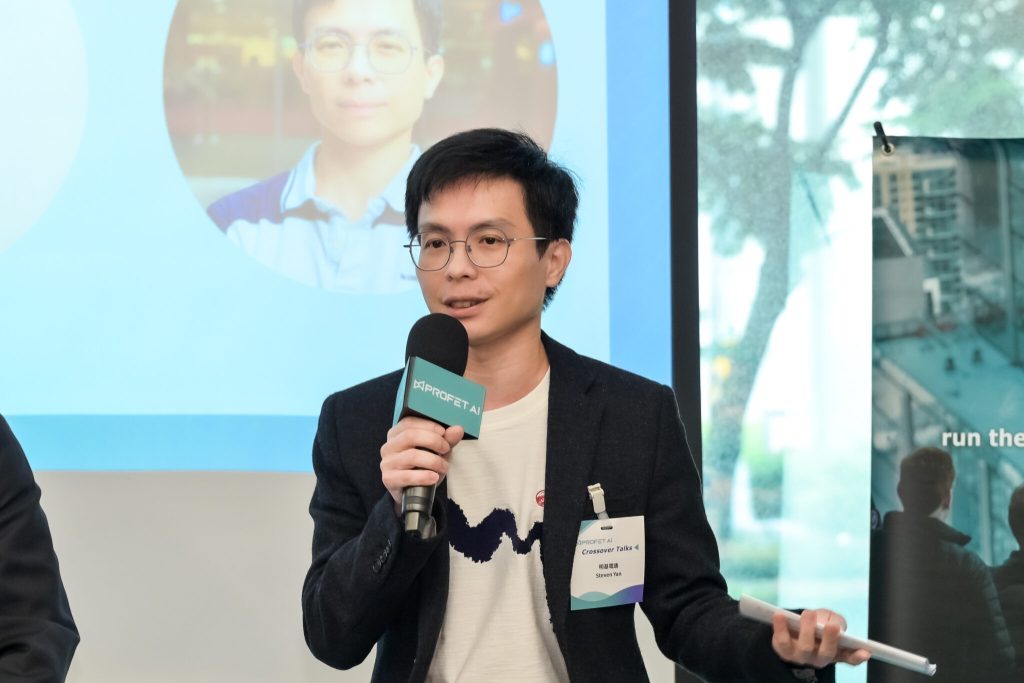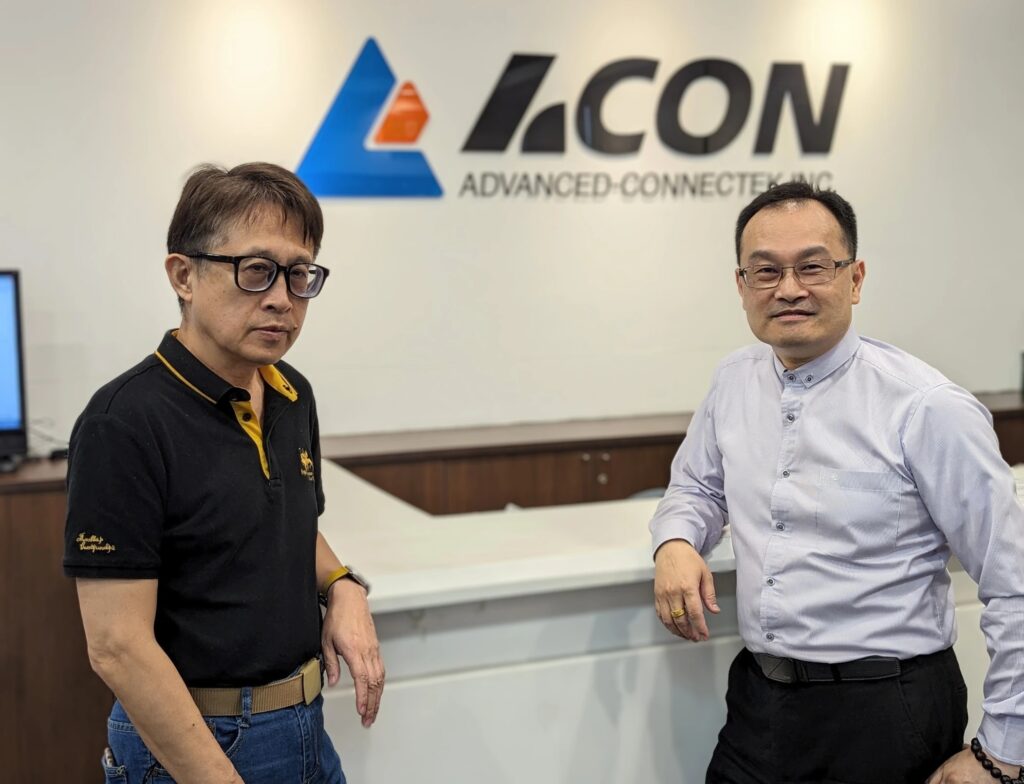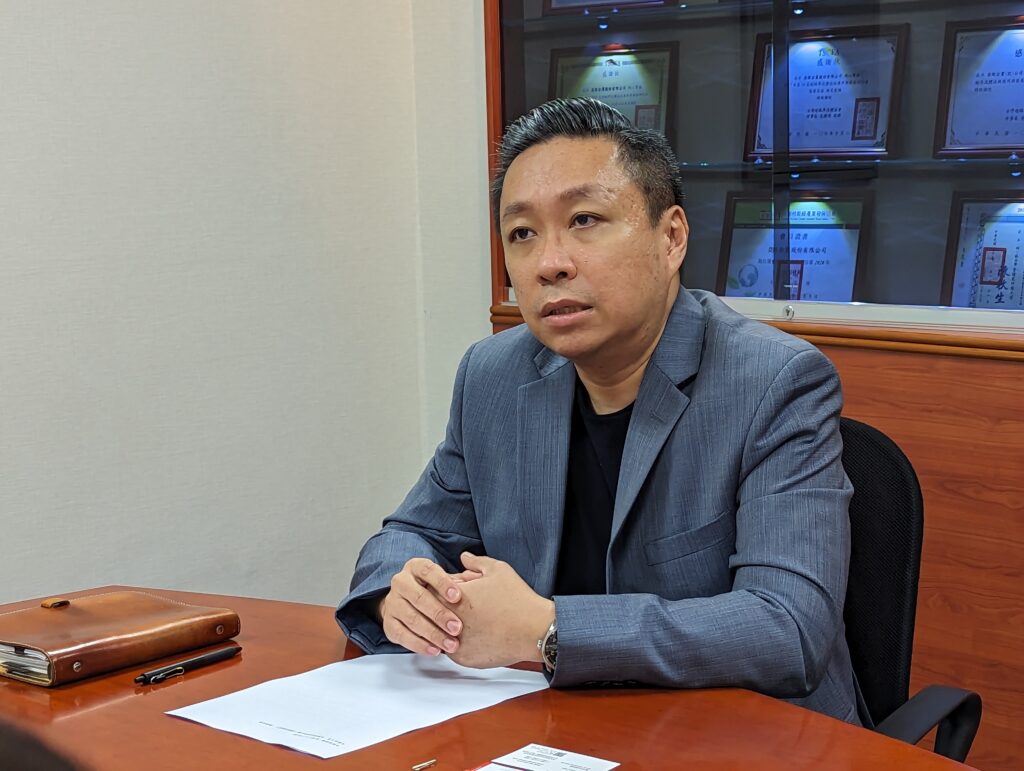BenQ Enhances Inventory Forecasting Accuracy Over 80% with Profet AI Platform

As AI technology advances, its applications are transforming diverse industries. In 2024, BenQ, a subsidiary brand of Qisda Corporation, embarked on integrating AI capabilities. Recognizing the critical role of product maintenance in brand loyalty, BenQ implemented an AI strategy two years ago to optimize supply chain management. Leveraging AI to forecast future maintenance part demands enables BenQ to make accurate predictions based on historical data and market trends while dynamically adjusting models to address sudden demand changes.
“Managing repair part inventory without precise control creates significant cost pressures,” said Steven Yan, Sr. Manager of Information Technology Service Center at BenQ’s Enterprise Services Department. BenQ’s products have warranty periods ranging from two to five years, extending up to seven years for B2B clients. In the past, experienced technicians forecasted three-year repair part stock requirements based on product sales and repair data, aiming to minimize dead stock costs and prevent shortages that could increase repair costs and impact customer loyalty.
Creating a “Digital Master” for Supply Chain Management to Significantly Reduce Excess Inventory Costs
To improve inventory forecasting accuracy and ensure data-driven decision-making, BenQ opted for an AI-driven approach to supply chain management. Initially, other AI platforms were tested, but due to usability challenges and the need for extensive IT involvement, the results fell short of expectations. After exploring Profet AI’s AutoML platform, BenQ was impressed with its user-friendly interface, high model performance, and the dedicated support from Profet AI’s manufacturing-experienced consulting team, leading to a quick decision to adopt the platform.
“Profet AI’s software significantly reduces our dependence on IT staff and data scientists,” noted Yan, “empowering the supply chain department to effectively forecast future maintenance part inventory needs, achieving a forecast accuracy exceeding 80% and saving substantial inventory costs annually.”
AI Workshop Speeds Internal Talent Development
BenQ’s successful and seamless AI adoption was bolstered by Profet AI’s team-led AI-ML workshops. “Consultant support was crucial,” Yan remarked, adding that initially, employees feared AI’s learning curve would be steep. However, Profet AI’s team guided participants through practical methodology over three months, allowing employees without IT backgrounds to ideate on real business scenarios, identify key parameters for modeling, and optimize workflows. The workshops fostered a cohort of ‘citizen data scientists,’ ensuring successful AI integration within the company.
AutoML Helps Optimize Customer Profiles for More Precise Digital Marketing
After successfully resolving supply chain challenges, BenQ applied Profet AI’s advanced algorithms to its digital marketing strategy six months ago, further transforming its business.
Yan explains that BenQ previously utilized various tools to collect and analyze consumer data. These included RFM modeling to segment customers by recency, frequency, and monetary spend, Google Analytics (GA4) for tracking website engagement and conversion flows, and a Customer Data Platform (CDP) for consolidating first-party data. This data spanned customer activity across BenQ’s official website, e-commerce, customer service, and event systems, creating detailed customer profiles.
With these customer profiles now quantified into actionable insights, BenQ leverages Profet AI’s algorithms to predict product purchase probabilities. This approach enables BenQ to identify customer behavior patterns, such as paths taken by converted and unconverted customers. Once customers engage with any touchpoint on the sales platform, BenQ can anticipate purchase likelihood within specific timeframes and strategically present incentives to encourage conversion.
Following the success of AI-enabled digital marketing, Yan notes that BenQ has been expanding Profet AI’s platform to address predictive tasks in other departments. For example, Profet AI’s algorithms have streamlined product parameter adjustments in R&D, significantly reducing development time.
Looking ahead, BenQ envisions creating “digital experts” across all divisions with Profet AI’s AutoML platform, empowering each team to independently initiate AI-based modeling and testing for critical challenges. This vision aims to foster agility, drive efficiency, and support sustained operational growth.

